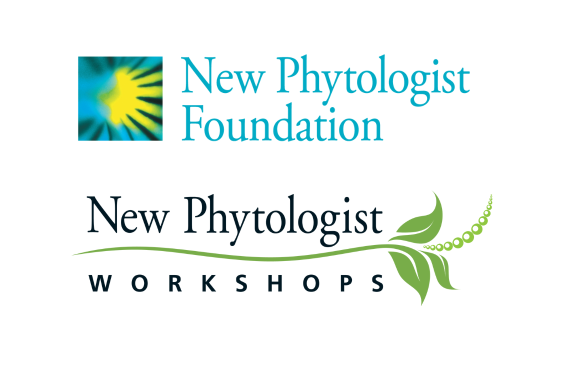Goal
The plant apoplast is the compartment where compatibility of plant-microbe interactions is initially determined. Nevertheless, the molecular events occurring within the apoplast are rather understudied, when compared to cytoplasmic immune events.
We aim to bring people together who significantly contribute to the understanding of the following themes:
i) How are microbes perceived in the apoplast?
ii) What are the crucial components of apoplastic immunity?
iii) What are the critical intracellular signal transduction cascades during apoplastic immunity?
iv) How is apoplastic immunity modulated by microbial effectors?
v) What allows the establishment of compatibility?
Participants of the workshop are expected to discuss about major directions of upcoming research projects.
- What are the most relevant research questions?
- Which technical advances are important, which new perspectives do they provide?
- How can new collaboration be established to combine expertise and access to facilities?
Rational and scope
The prime decision, whether or not a pathogen can accommodate itself in its host tissue, is made during the initial phases of infection. At this stage, the plant immune system recognizes conserved molecular patterns of the invading microbe through surface-localised pattern recognition receptors (PRRs) to initiate PRR-triggered immunity. Pathogens deploy a broad arsenal of pathogen derived virulence factors that aim to disarm PTI by targeting plant immune receptors and signalling components, toxic compounds and antimicrobial proteins that normally restrict pathogen ingress and/or growth. Crucial regulatory processes and protein/protein interactions take place in the apoplast, i.e. intercellular spaces, plant cell walls as well as in defined host/pathogen interfaces that are formed between the plant cytoplasm and the specialized infection structures of many biotrophic pathogens.
While extensive work has been done to understand the signal transduction pathways and gene regulation in plant responding to biotic stresses, the molecular basis of key processes in apoplastic immunity are largely unexplored. Similarly, microbial effectors acting in the host cytoplasm, particularly those of pathogenic bacteria, have been studied for several years on a highly detailed level. By contrast, only few functions of apoplastic effectors have been discovered so far.
Since it gets more and more evident that the understanding of plant target-effector interactions and the induction of surface immunity is crucial for an improvement of disease resistance in crop plants, development of new research strategies based on apoplastic immunity is a highly relevant issue, both in basic and applied sciences.
In the workshop, we plan to bring together a group of top-scientists working on different/complementary aspects of apoplastic immunity. We aim to gather an overview of the recent advances in the field and to implement talks that specifically highlight new research approaches to gain novel insights in the key mechanisms and components that determine apoplastic immunity.
Organising Committee
Gunther Doehlemann (Max Planck Institute for Terrestrial Microbiology, Marburg, Germany)
Cyril Zipfel (The Sainsbury Laboratory, Norwich, UK)
Bart Thomma (Wageningen University, The Netherlands)


